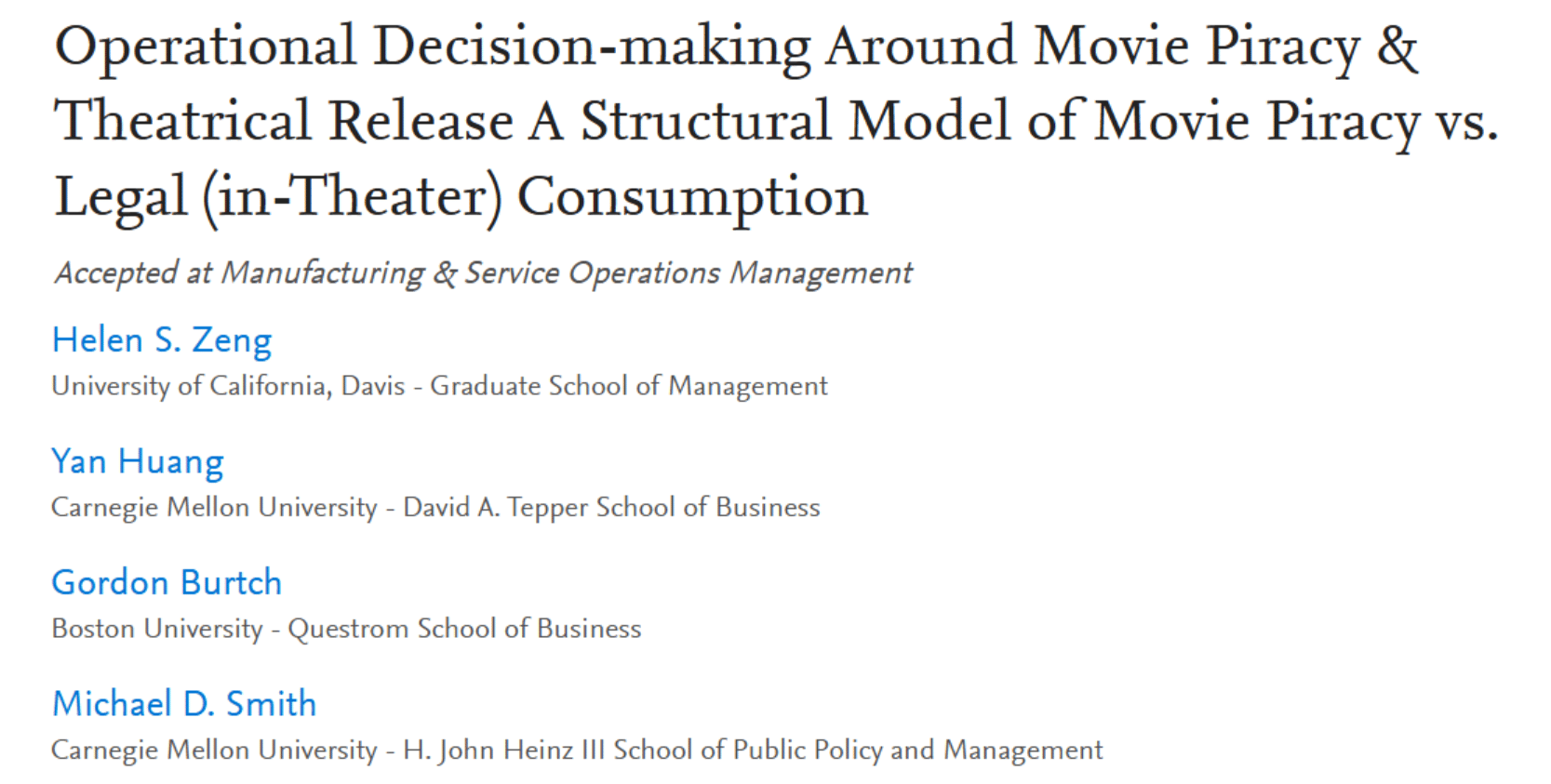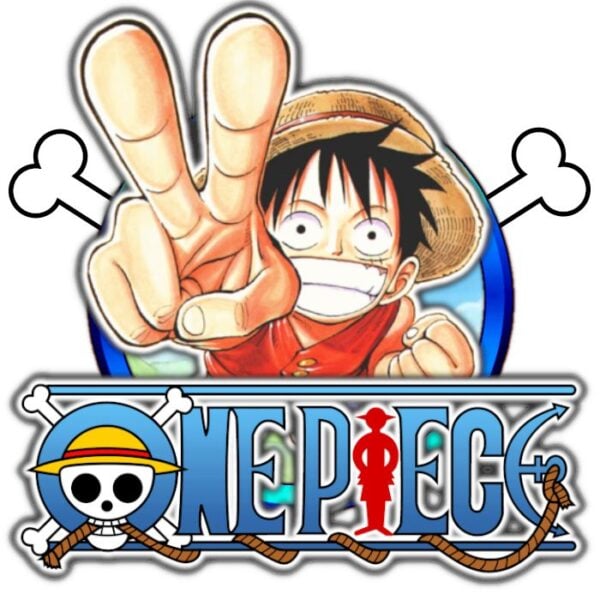 With an impressive 185 million visitors in May this year, Mangajikan was one of the largest piracy sites on the Internet.
With an impressive 185 million visitors in May this year, Mangajikan was one of the largest piracy sites on the Internet.
The site’s popularity did not go unnoticed by manga publisher Shueisha, which took legal action at a California federal court this summer to uncover the operator’s identity.
Shueisha filed a request for a DMCA subpoena, directed at Cloudflare, hoping to expose the operator. This appeared to yield results right away, as mangajikan.com and the related domain alammanga.com were voluntarily taken down soon after.
Motion to Quash / Protect
While Shueisha must have been pleased with the quick result, the publisher was still eager to identify the culprit. The operator, in turn, filed a motion to quash, hoping to protect their identity.
In court, the parties disagreed on whether Cloudflare is a proper recipient for DMCA subpoenas. In October, the California federal court eventually ruled that Cloudflare’s caching made it a valid subpoena target.
As a result, Cloudflare is required to share all information it holds on the pirate site operator. However, before any information was handed over, the court instructed the pirate site operator and Shueisha to agree on the terms of a protective order. That’s easier said than done.
Recently, the parties failed to reach an agreement on what Shueisha is allowed to do with the operator’s identifying information. To resolve this new dispute, they are now back in court, seeking a breakthrough.
Pirate Site Operator Seeks Privacy Fortress
Seeking maximum privacy, the pirate site operator wants the information handed over by Cloudflare classified as “Attorneys’-Eyes-Only”.
This restriction effectively means that the operator’s identity would only be revealed to Shueisha’s external U.S. lawyers. The information would be explicitly hidden from Shueisha’s own employees, in-house lawyers, and executives in Japan.
The proposed protective order would forbid Shueisha’s lawyers from sharing the identifying information with anyone else, including other copyright holders, who may have had their pirated content appear on the site.
Importantly, Mangajikan’s operator proposes a 180-day ultimatum to use the obtained details to file a U.S. copyright lawsuit. If Shueisha’s lawyers don’t take action within this timeframe, they must destroy all copies of the identifying information.
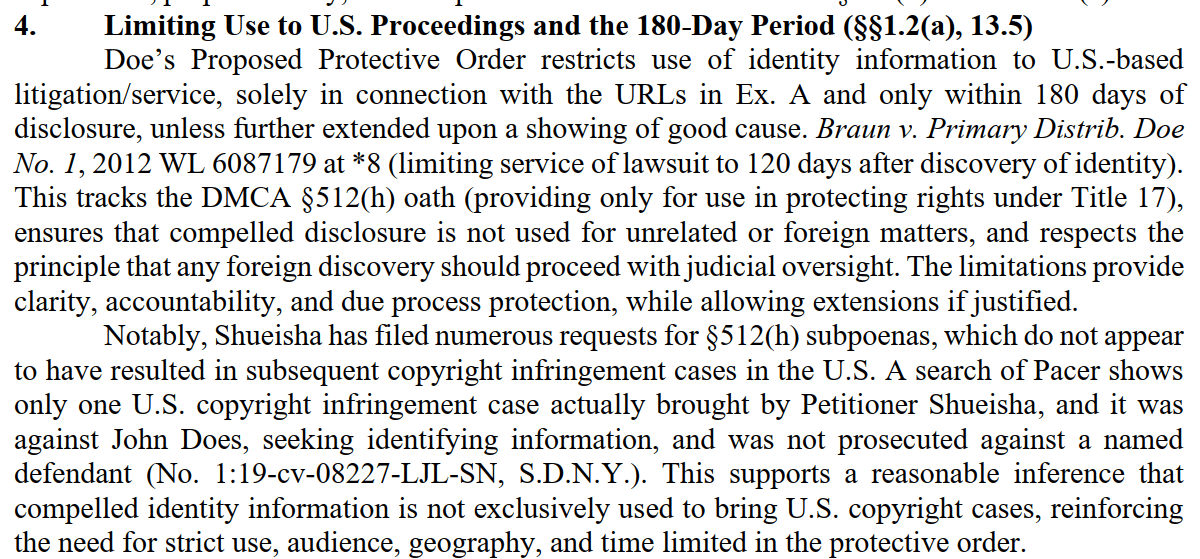
Shueisha Wants Broad and Global Action
In its submission, Shueisha fiercely opposes these strict limitations. The company argues that an extreme protective order rewards concealment efforts and obstructs enforcement. Their proposal is the polar opposite, and aims to facilitate a global enforcement strategy.
Specifically, Shueisha is demanding the right to share the name of the operator internally, including with its employees in Japan. This ‘confidential’ information may also be used for legal action abroad, not just in the United States.
In addition, Shueisha should be able to share the name with law enforcement and other affected parties when that’s appropriate.
“Shueisha must be free to use identifying information to pursue claims wherever appropriate, coordinate with law enforcement, seek additional subpoenas if the identifying information in the production is insufficient, or notify others whose works were infringed,” they note.
The Court Decides
Since the parties failed to reach a compromise, the terms of the protective order will be determined by Judge Yvonne Gonzalez Rogers.
This isn’t just a procedural squabble. The judge’s ruling will set a precedent for how much power a DMCA subpoena can truly hold. Are they only designed to help U.S. legal efforts, or can information be used globally?
Needless to say, other rightsholders will monitor the outcome of this battle with great interest. The same holds for pirates who may want to put up a similar defense in the future.
—
A copy of the Joint Discovery Letter, where both parties explain their respective positions to the court, is available here (pdf). The associated proposed protective orders can be found here (operator) and here (Shueisha)
From: TF, for the latest news on copyright battles, piracy and more.
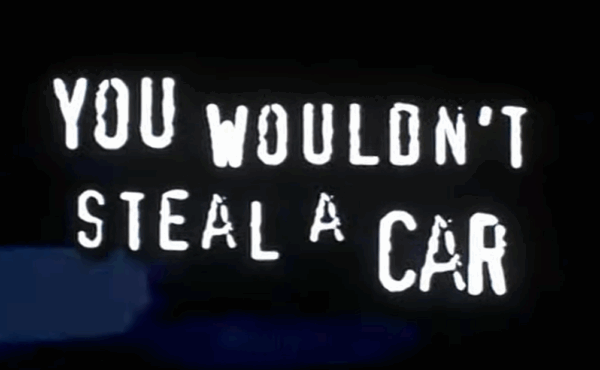 In 2004, the online piracy epidemic was becoming more serious for the movie industry, largely due to the spectacular growth of bandwidth-efficient torrent sites.
In 2004, the online piracy epidemic was becoming more serious for the movie industry, largely due to the spectacular growth of bandwidth-efficient torrent sites. 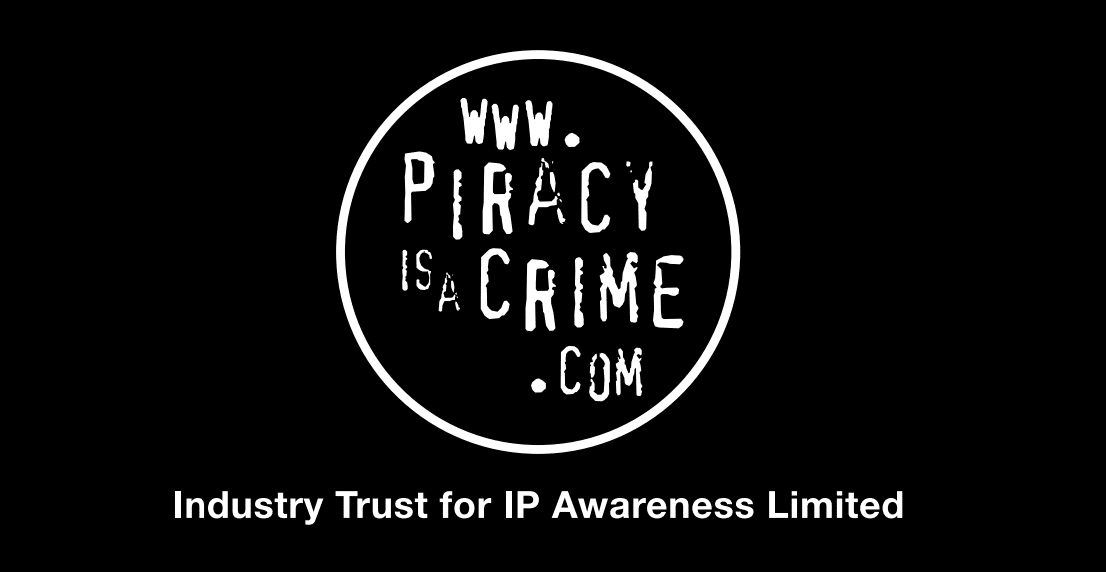
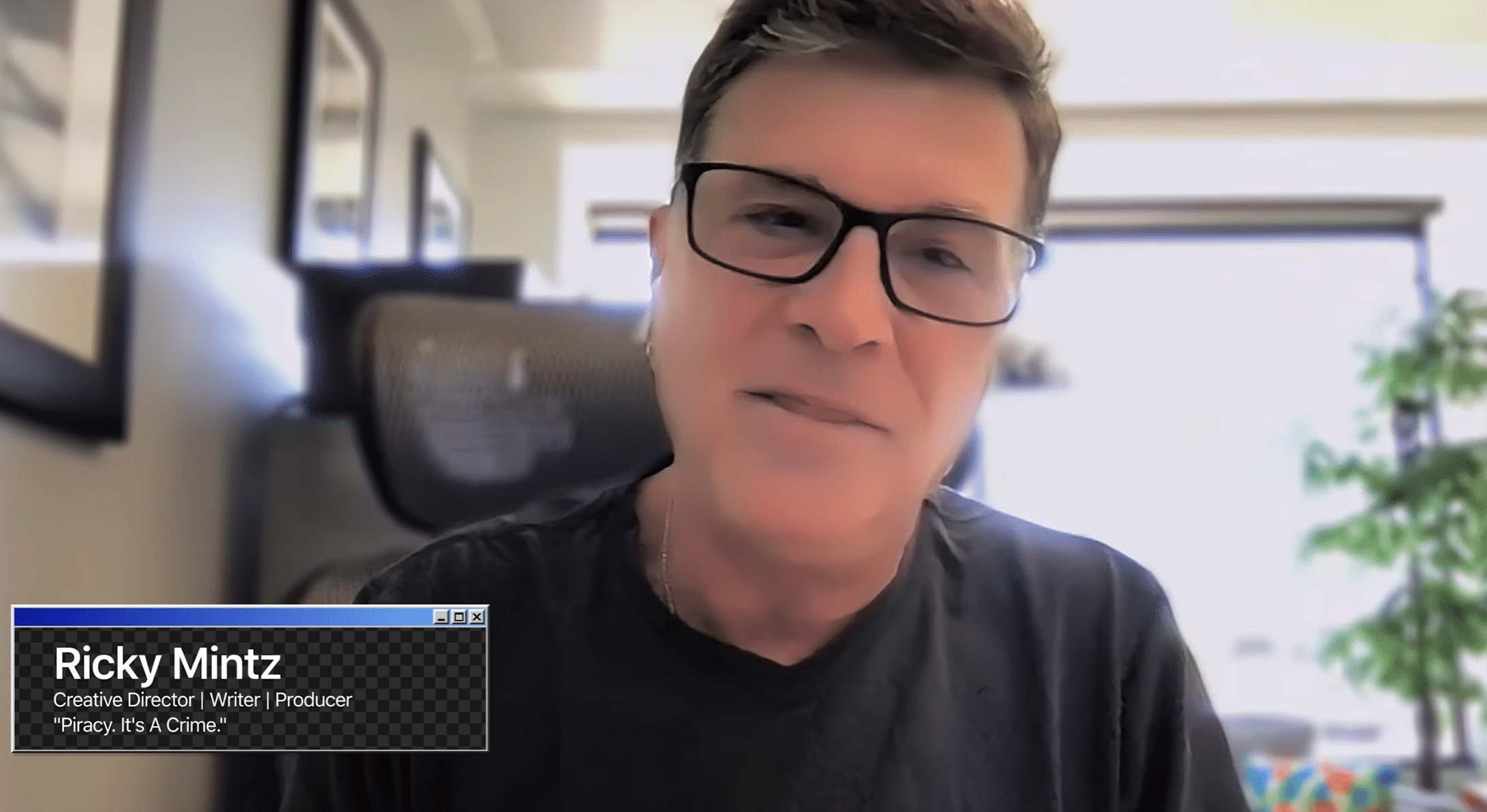
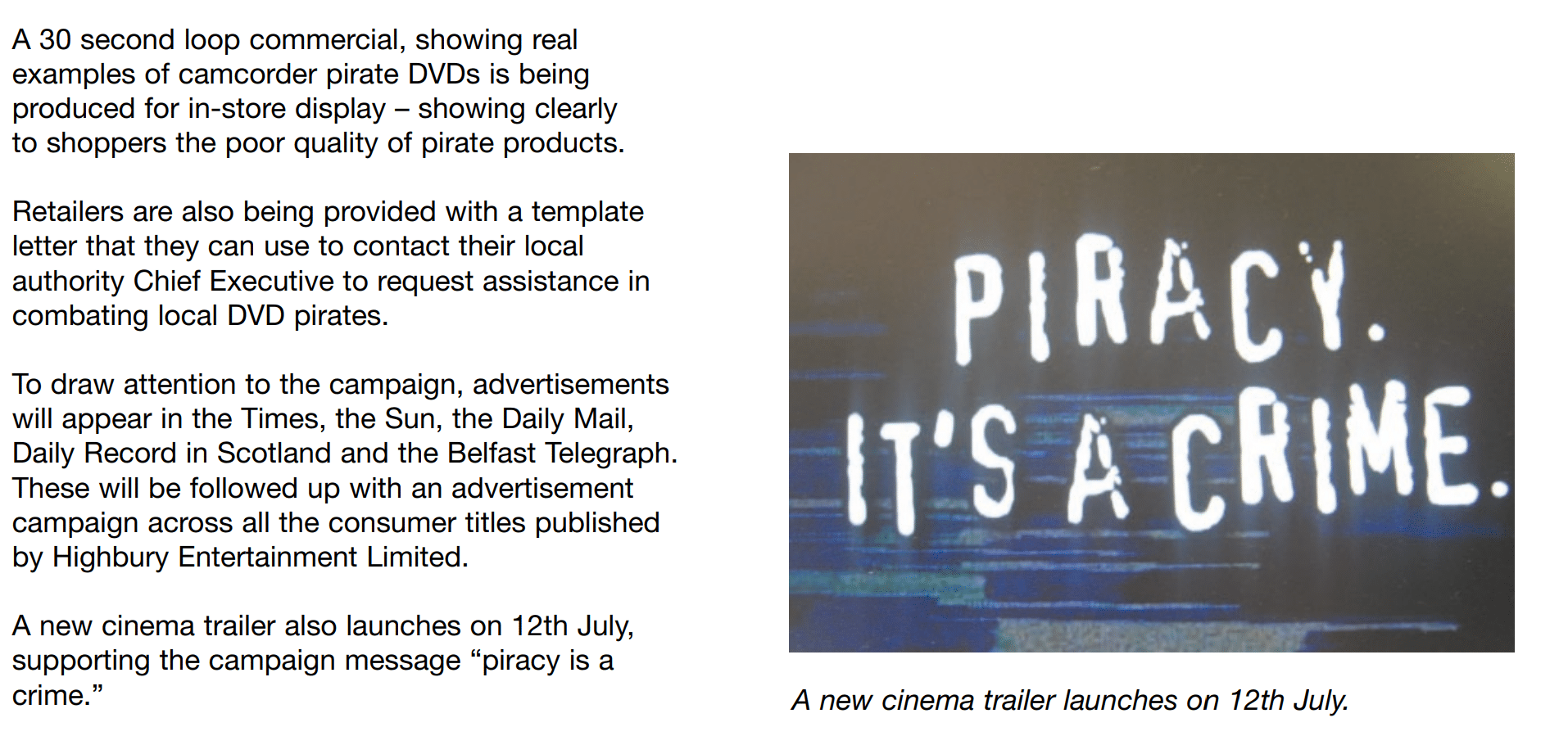
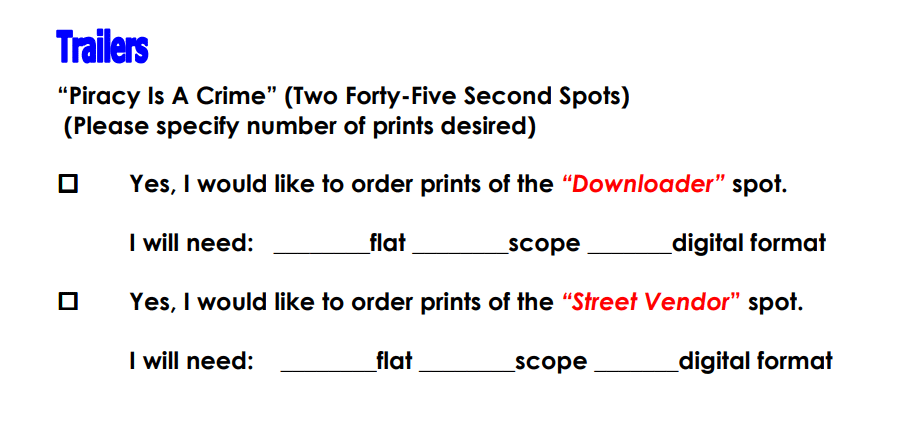
 In July, adult content producers Strike 3 Holdings and Counterlife Media
In July, adult content producers Strike 3 Holdings and Counterlife Media 

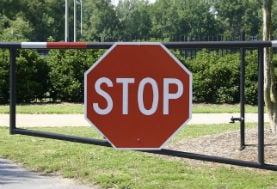 Pirate site blocking is a common practice in dozens of countries around the world, and the Netherlands is no exception.
Pirate site blocking is a common practice in dozens of countries around the world, and the Netherlands is no exception. 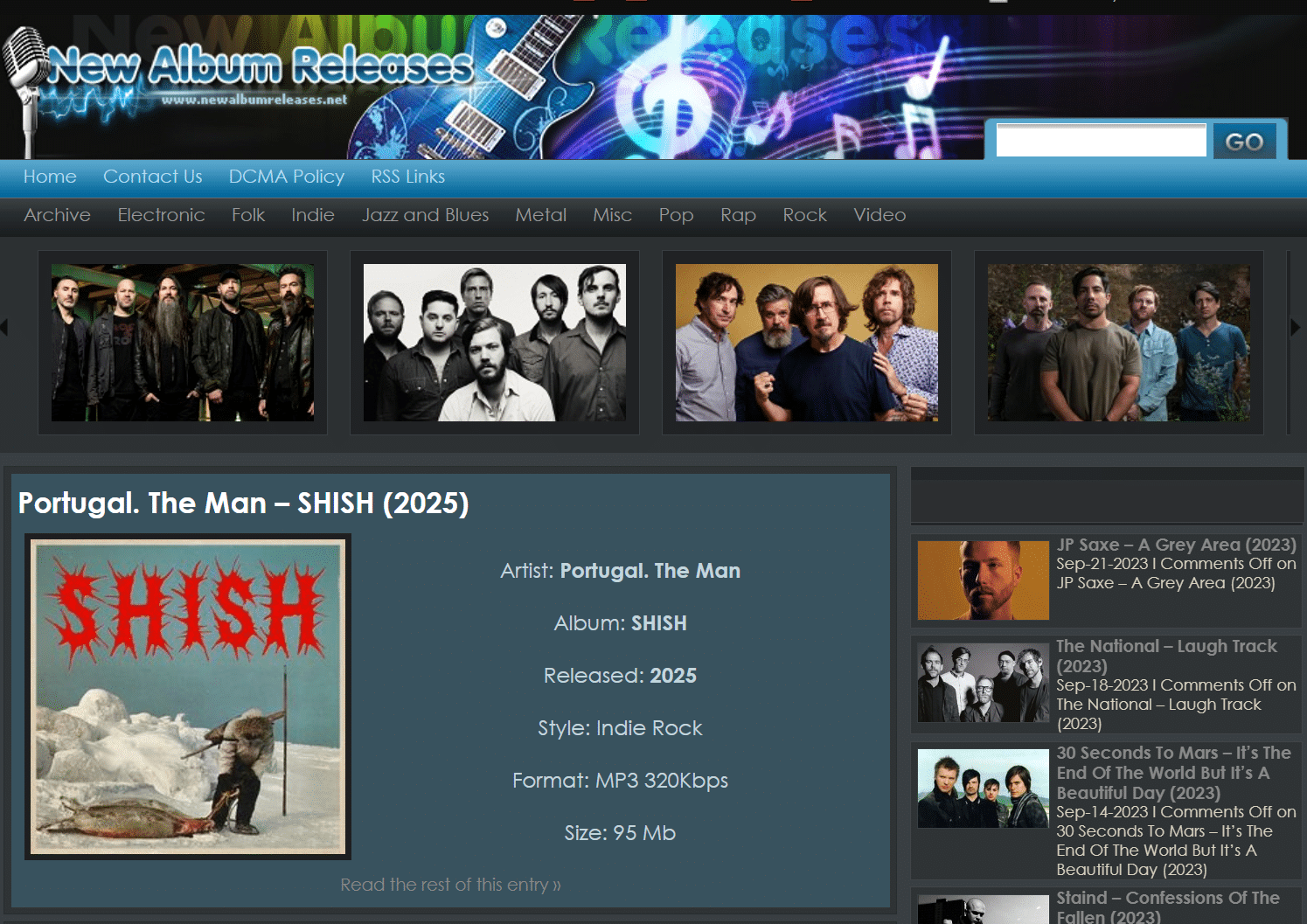
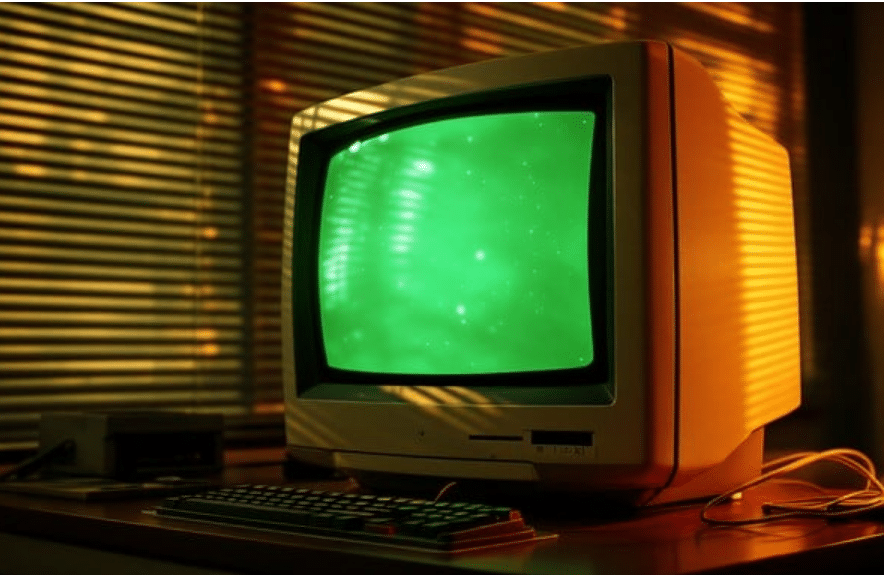 Twenty years ago, the
Twenty years ago, the 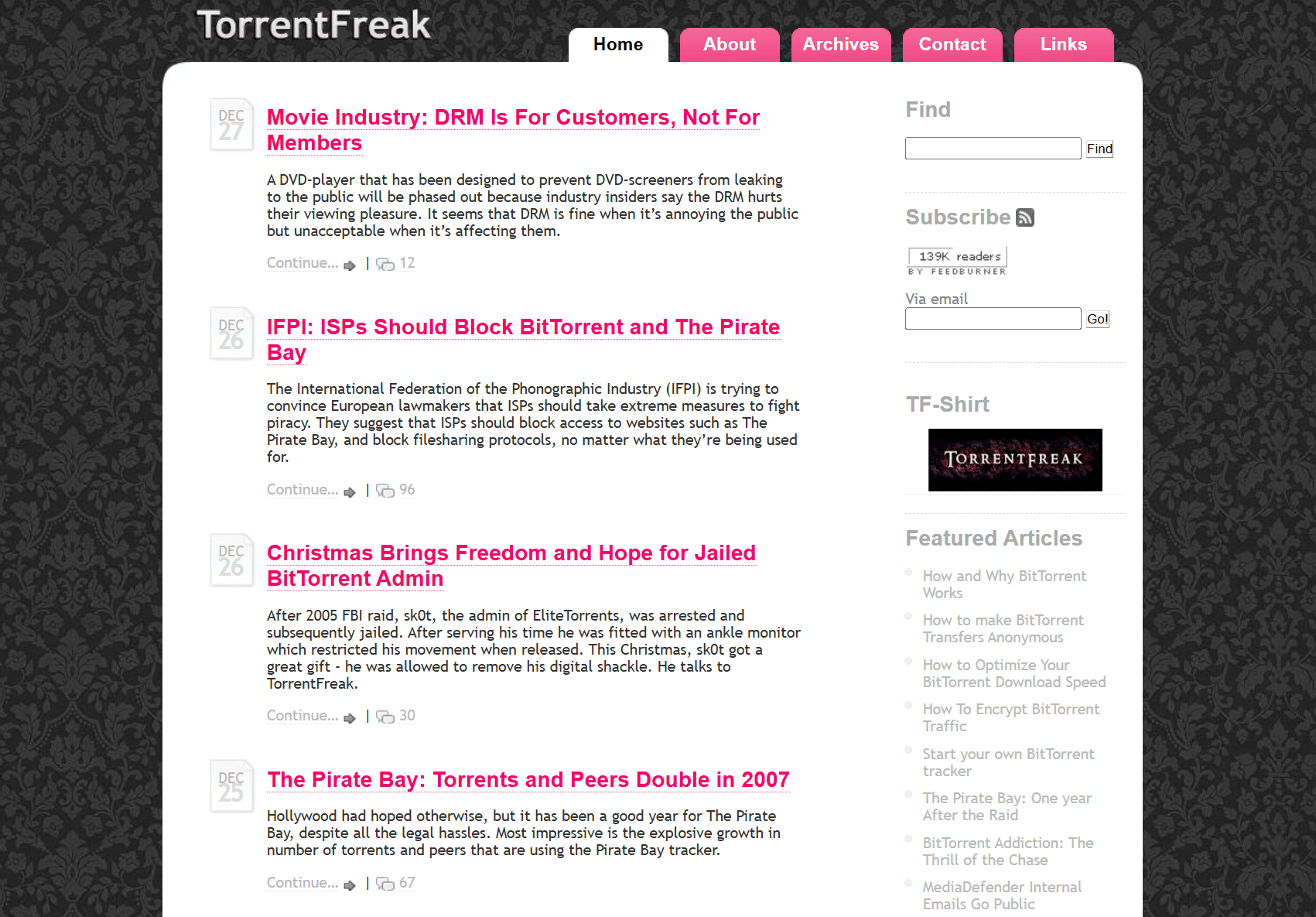
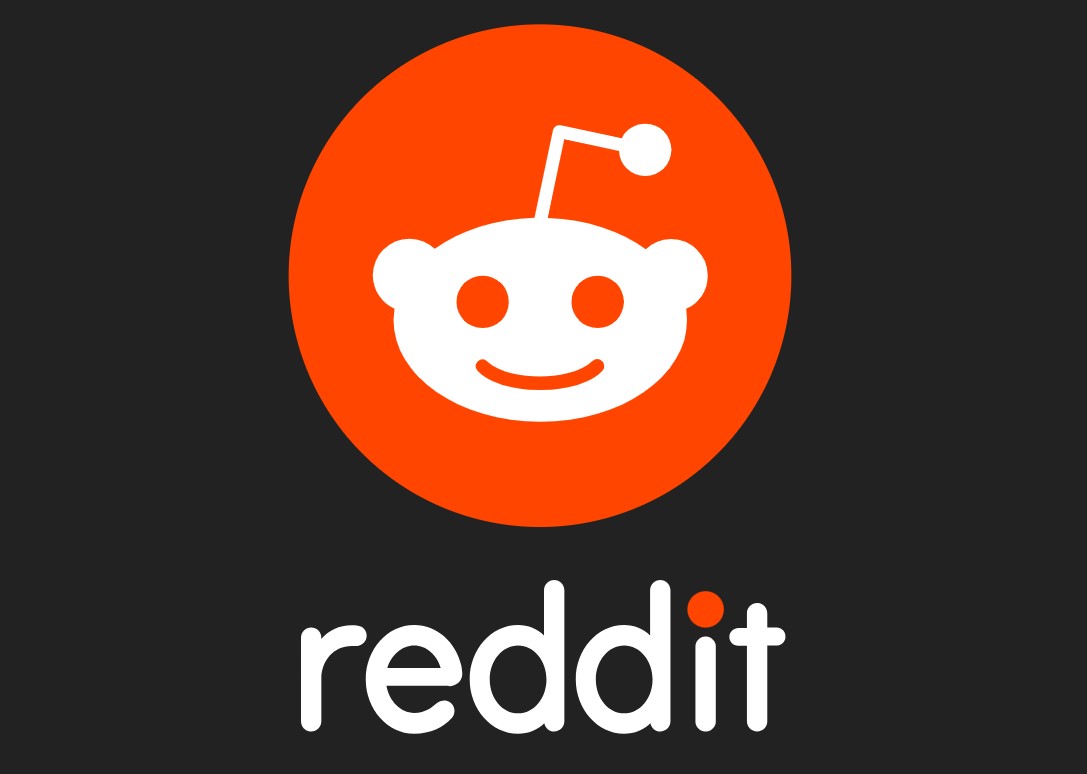 Every day, millions of clips from movies and TV shows are shared on social media and other online platforms.
Every day, millions of clips from movies and TV shows are shared on social media and other online platforms. 
 The Supreme Court case between several major record labels and Internet provider Cox Communications is one of the landmark copyright battles of this decade.
The Supreme Court case between several major record labels and Internet provider Cox Communications is one of the landmark copyright battles of this decade. 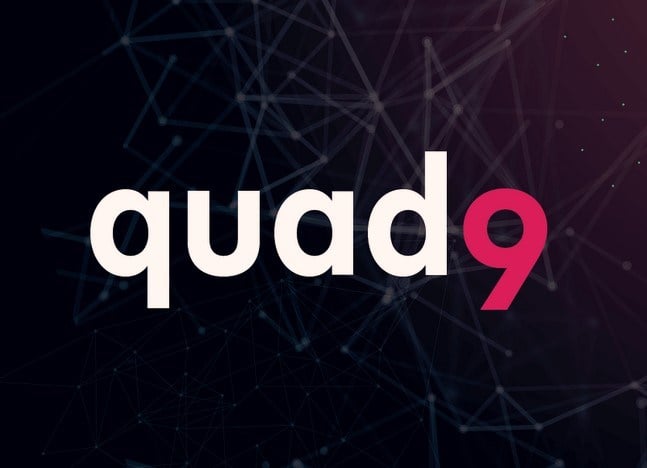 In May 2024, the Paris Judicial Court ordered
In May 2024, the Paris Judicial Court ordered 
 At the start of the year, TorrentGalaxy was one of the most-visited torrent sites, welcoming millions of users every day.
At the start of the year, TorrentGalaxy was one of the most-visited torrent sites, welcoming millions of users every day. 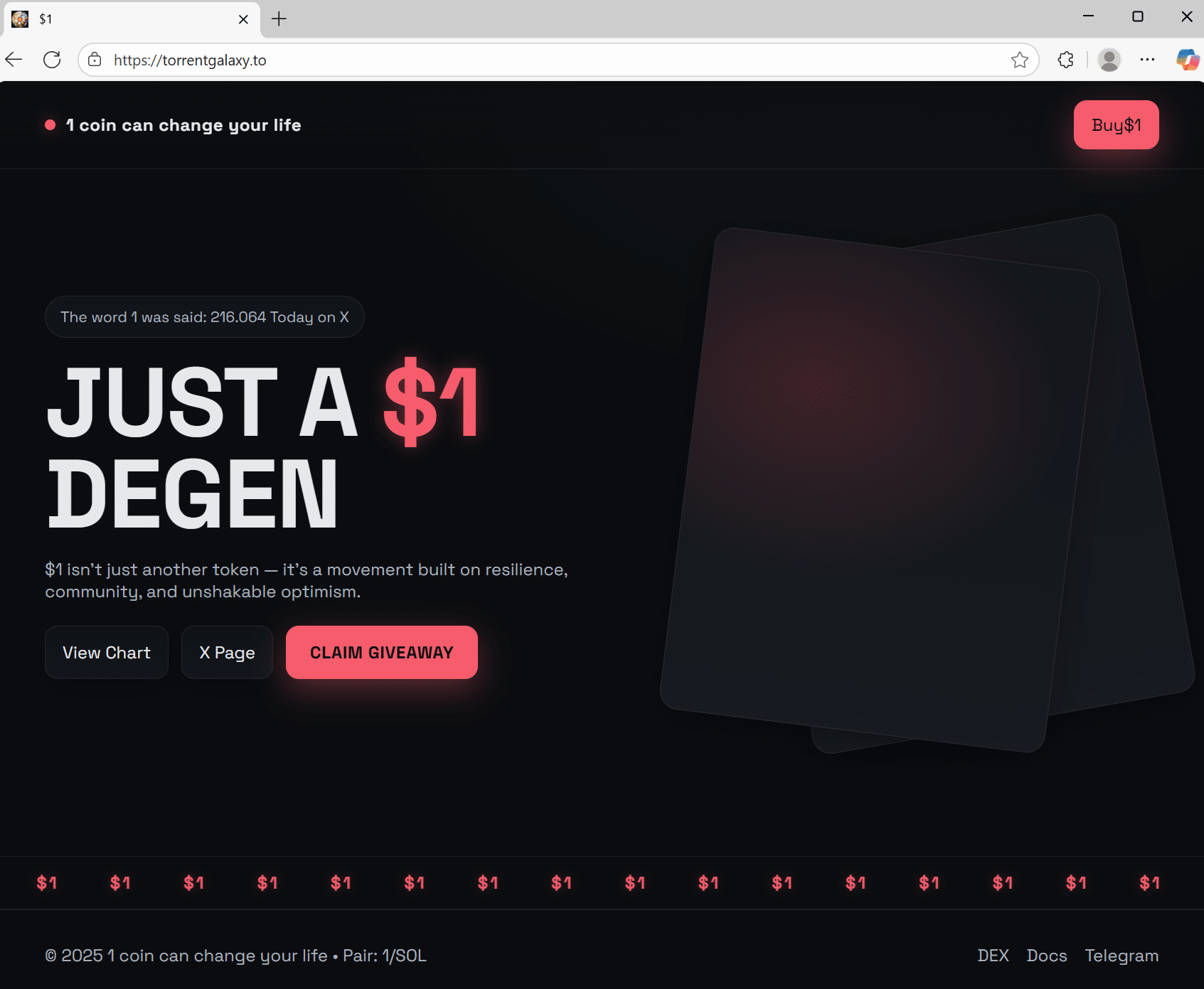
 There’s a common belief that people pirate content to save money, whether on another streaming subscription or a pricey box office ticket.
There’s a common belief that people pirate content to save money, whether on another streaming subscription or a pricey box office ticket. 